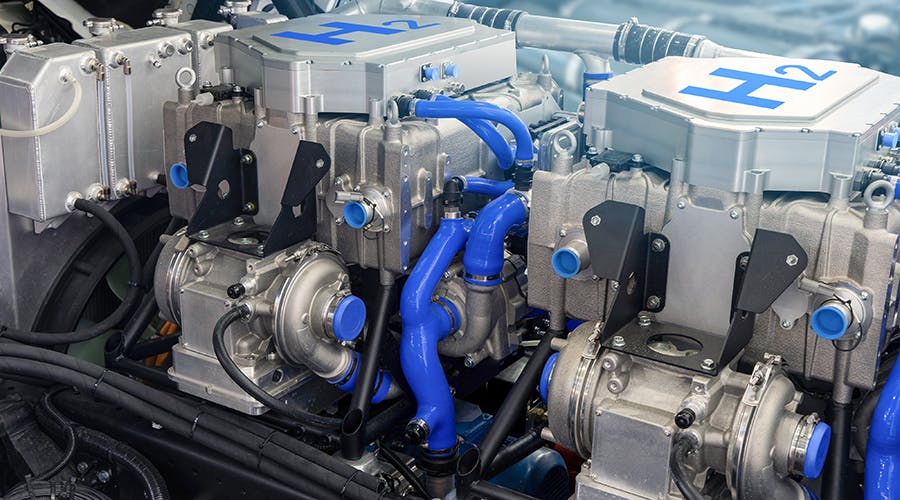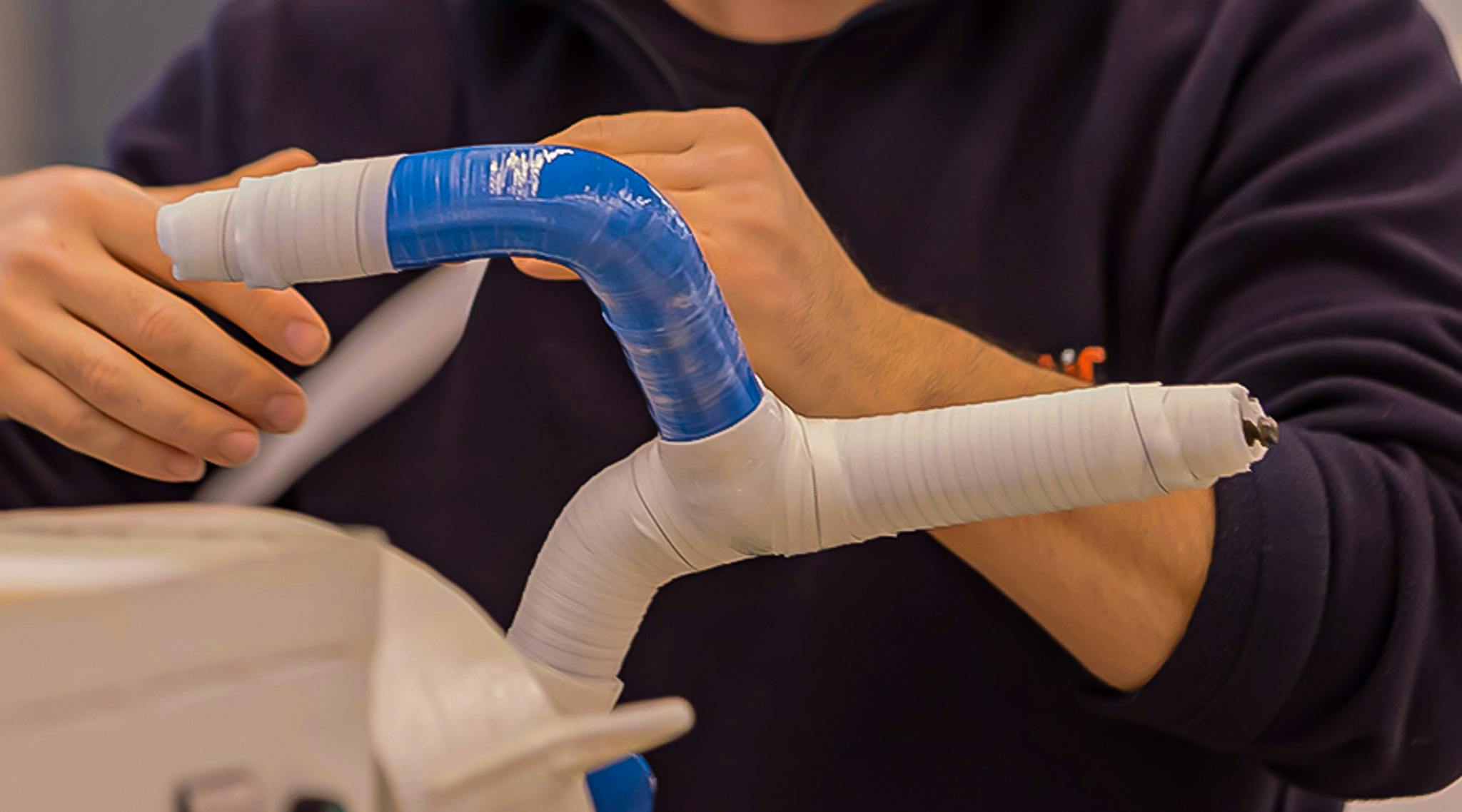Universal Hydrogen selected Venair for the flexible hoses on its first PEMFC plane

Strategic Partnerships
One of the clearest examples is the use of a PEM Fuel Cell from Plug Power (NASDAQ: PLUG), now the world's largest hydrogen company. Plug Power's cells operate with great efficiency thanks to system optimization provided by more than 25 years in the hydrogen industry and its large investment in R&D to overcome the major barriers posed by this technology.
Universal Hydrogen has also surrounded itself with the largest specialist in flexible hoses and pipes for use in PEM Fuel Cells, Venair Group. This company, which was normally dedicated to the production of biopharmaceutical tubing, has been adapting its technology and production processes to supply the large OEMs in the hydrogen industry for more than eight years. This has happened because the requirements of PEM technology, both in electrolyzers and Fuel Cells, are more similar to the requirements of biotechnology than to the conventional requirements of industrial engines.
In addition, Venair and Plug Power already work together on many other hydrogen production projects, as well as on its use in FCEVs (Fuel Cells Electric Vehicles).
Universal Hydrogen has done a spectacular and admirable job flying the first 40-passenger regional airliner using hydrogen fuel cell propulsion, and part of that work involves surrounding itself with the best specialists in each area.
"The requirements of PEM technology, both in electrolyzers and Fuel Cells, are more similar to the requirements of biotechnology than to the conventional requirements of industrial engines".
We have heard this sentence from several specialists in PEM technology when referring to some of the vital components for the operation of the Polymer Electrolyte Membrane. According to the specialists, the sensitivity of the membrane to some possible contaminants is of vital importance. So much so that some specialists mention a reduction of about 85% of the lifespan of the membrane if the most critical aspects for its proper functioning are not considered. All PEM membrane producers agree that the most critical topic is to avoid contamination of the membrane with the most critical substances. That is, to minimize the contaminants that drastically reduce the efficiency of the catalyst and the membrane.

It is for this reason that some not-so-critical components in combustion engines, such as flexible hoses, become a key factor for maximum cell performance. And this is how biopharmaceutical tubing and piping companies, like Venair, can use their extensive know-how of how to implement production processes and maximum purity requirements, to achieve maximum efficiency in PEMFC engines.
As we have already explained in other related articles, SS pipes can create problems in two different ways. On the one hand, because they are rigid, they do not absorb the vibrations of the engine, and on the other hand because their contact with hydrogen can have very negative consequences in terms of membrane contamination.
The future of flexible tubes and pipes in hydrogen engines
Clearly these flexible pipes need to overcome other industry requirements, such as the need to reduce leakage and permeability as much as possible, the conductivity requirements of the pipes, the temperatures and pressures to which the pipes are exposed, etc. That is why Venair has created a whole family of products specifically to meet these requirements. It has thus become the leading supplier to the largest PEMFC motor assembly companies throughout North America and Europe.
But there is still a long way to go to achieve maximum optimization and efficiency of Fuel Cells engines to make FCEVs compete with BEVs and ICE vehicles.
These major milestones such as Universal Hydrogen’s first flight, and these strategic collaborations between the big players in the industry, bring a future powered by hydrogen closer every day. We hope to continue to see historic milestones in order to continue believing in sustainable mobility worldwide. Thank you for making it possible Universal Hydrogen!

About Universal Hydrogen
Universal Hydrogen is building a hydrogen logistics network to fuel the future of aviation, today. Hydrogen is the ideal fuel for flight and will power aviation’s new golden age, where planes are powered by renewables and emit nothing but water. The company’s modular hydrogen capsules move over the existing freight network from production directly to the airplane anywhere in the world. Universal Hydrogen is also working to certify a powertrain conversion kit to retrofit existing regional aircraft to fly on hydrogen. The company has gathered the world’s leading aviation and hydrogen talent to give the industry the option of clean flight forever.
About Venair
For more than 10 years, Venair Group has been dedicated to the PEM Fuel Cell industry, collaborating, and creating, together with the world’s largest Fuel Cell manufacturers, the best solutions to scale and improve the industry worldwide.
In addition, Venair opened its first factory for the exclusive production of tubes and hoses for PEM Fuel Cells systems. With the support of more than 35 delegations around the world and 8 factories on 4 continents, the group intends to accompany the Hydrogen industry on its way to introduction and democratization.

















